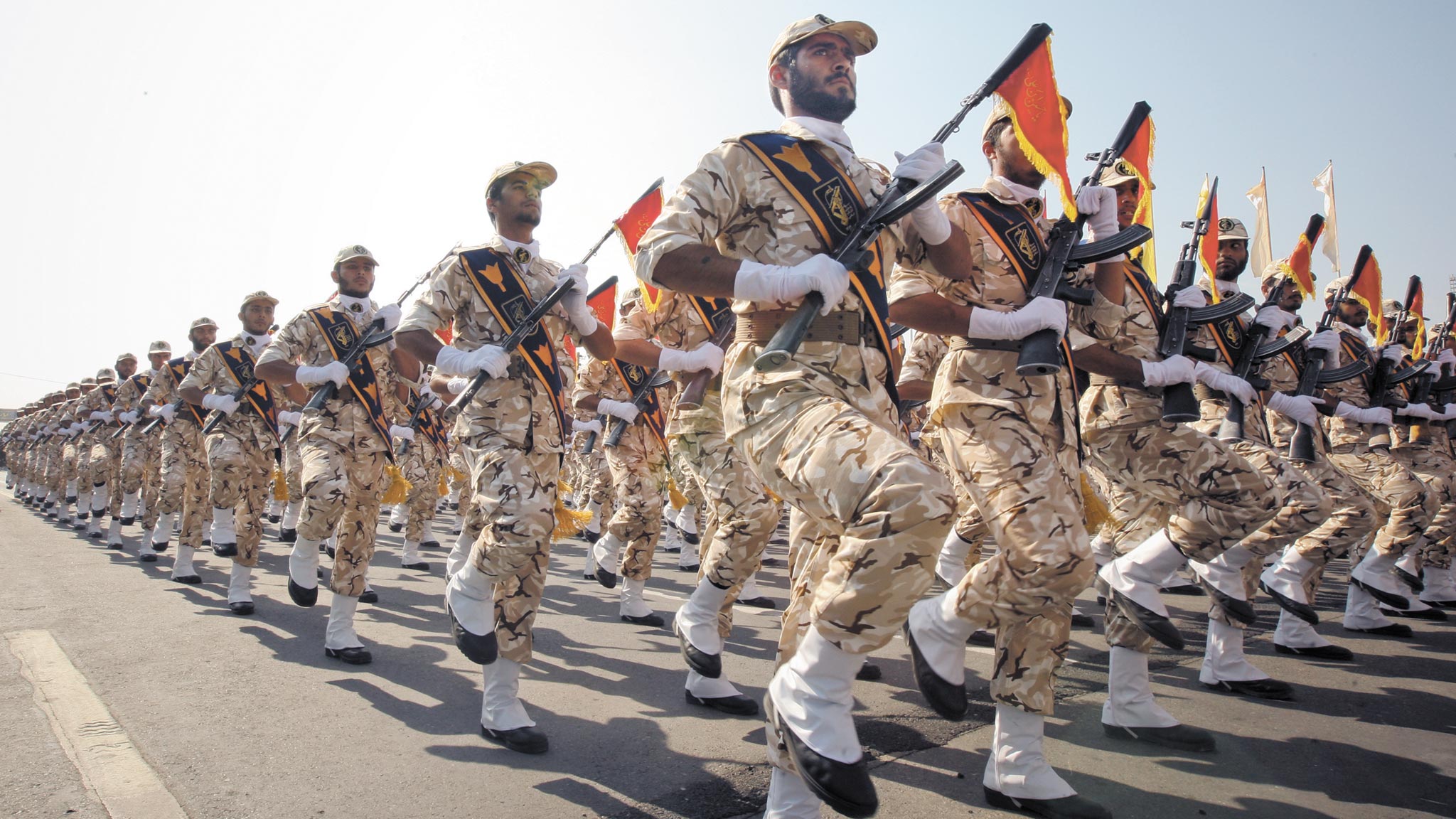
by Navid Felker
A report was recently released by The Organization for the Prohibition of Chemical Weapons (OPCW) that confirms that chlorine gas was used by the Assad regime in the attack on northern Syrian town of Saraqeb in early February. As we know, this was not the first time the regime used chemical weapons against civilian populations. Apparently, it was also not even the most recent incident.
Haitham al-Maleh is Chairman of the legal committee of the National Coalition for Syrian Revolutionary and Opposition Forces, in his article for Al Arabiya writes,
“The international community has been inconsistent in its response, but the United States recently took steps that could go a long way toward constraining Assad’s ability to carry on with these and other atrocities as he presses forward with the effort to stamp out all that remains of democratic resistance to his rule.”
By this, he does not refer to the Trump administration’s order of airstrikes in April which he believes are insufficient to address Assad’s ability to suppress the basic rights of the Syrian people. This is because, “Those roots lie not in Damascus but in Tehran…”
Therefore, the US Treasury’s announcement of new sanctions on individuals and groups linked to the Iranian Revolutionary Guard Corps (IRGC), may be more effective in undermining Assad.
The Syrian opposition has previously urged this action, and the Trump administration has taken steps toward hampering the IRGC’s influence over the region. If Europe joins the US in the sanctions and other international pressure, a positive impact can be expected, not only for the prospects for a peaceful resolution to the Syrian War, but also to wars and unrest in Yemen, Iraq, Bahrain.
Experts on Middle Eastern affairs have joined their voices to that of US Defense Secretary Jim Mattis in observing that the Islamic Republic of Iran has left its fingerprints on virtually every major crisis in the region.
The IRGC has reportedly been recruiting, financing, and supplying a multitude of militant proxies modeled after the Hezbollah terrorist group.
Haitham al- Maleh states, “The new US sanctions, which include sanctions against the head of the Iranian central bank, clearly speaks to the necessity of weakening the financial underpinnings of the IRGC’s terrorist operations. This is a step in the right direction for Western policy, which has long refused to acknowledge the terrorist identity of the IRGC. Previously, the relevant US sanctions have been limited to the IRGC Quds Force, which is certainly the leading purveyor of Iran’s malign behaviors but cannot realistically be separated from the financial activities of its parent organization.”
A financially weakened IRGC and a united regional and international voice and action is needed. Iranians, Arabs, Europeans and Americans should pay attention to the Iran Freedom gathering, hosted by the Iranian opposition, the National Council of Resistance of Iran led By Maryam Rajavi. The event will be help in Paris on June 30th. Its message is clear: “The west needs to support a tough policy on Iran and support the desire of the Iranians to bring about regime change in their country.”
The leaders of France and the UK, among others, should undertake measures to break Tehran’s ties with the Assad regime. Without Iran’s support that regime will be unable to suppress the public will for freedom and democracy. As well, because of economic chaos and instability within Iran itself, the Iranian regime may soon be overwhelmed by its own peoples’ desire for these same ideals.
The West must thoroughly sanction the IRGC to help and support the people of Syria, as well as the Iranian people.







